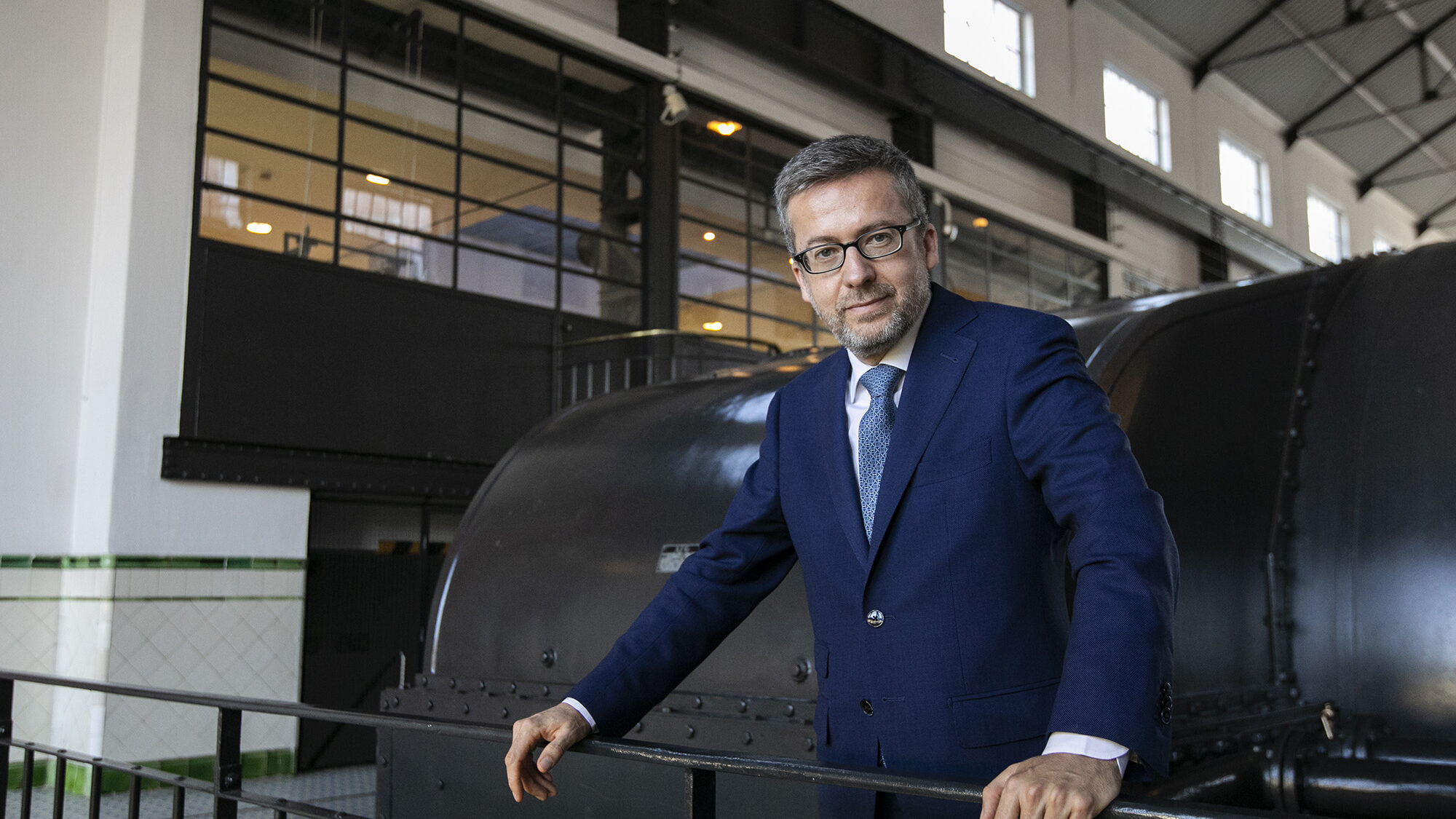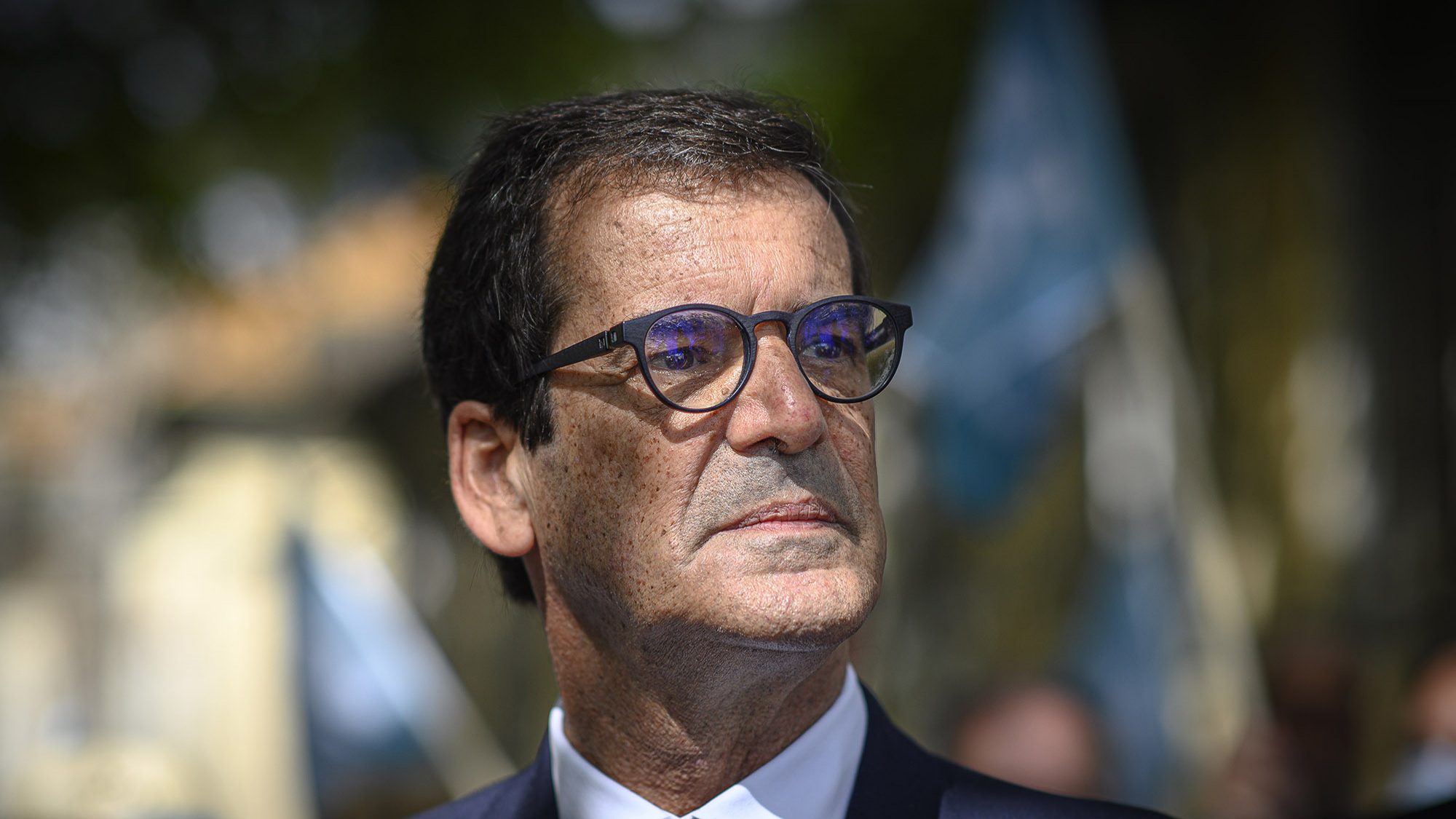Lisbon’s mayor-elect promises to return €32 million in tax to residents
The "New Times" coalition defended housing, access to health, public transport and support for businesses as its main flagships during the electoral campaign.
The mayor-elect of Lisbon City Council, social democrat Carlos Moedas, stood in the local elections with 12 key ideas in his electoral programme, including the promise to return €32 million of taxes to the people of Lisbon.
With the slogan “Lisbon can be much more than you imagine”, the “New Times” coalition of PSD/CDS-PP/MPT/PPM/Aliança, defended housing, access to health, public transport and support for businesses as its main flagships during the electoral campaign.
The electoral programme began by highlighting “a renewed strategy for transparency and the prevention of corruption risks” in Lisbon City Council and the creation of a citizens’ assembly of the city, which will be “permanent and representative of the Lisbon population, managed and organised by a specialised team, impartial and independent from political parties”.
For more innovation and more employment, the candidacy of the coalition “New Times” suggested the creation of the programme Recuperar +, with direct financial support for the reopening of businesses and activities of small and medium-sized companies; the exemption of kiosks and esplanades from the payment of taxes for a period of two years; the investment in new municipal markets; the construction of a new congress centre in Lisbon; and the return of €32 million of taxes to the people of Lisbon.
Other proposals include the promotion of ‘start-up’ businesses through the Lisbon Innovation Lab and the creation of a one-stop shop for entrepreneurs and investors in Lisbon.
For a stronger local social state, Carlos Moedas proposes to “take much better care of the elderly”, with the implementation of a network of caregivers; the creation of senior housing units; the construction, within one year, of four intergenerational centres with residences for the elderly and crèches and leisure activities, in Ajuda, Bairro da Liberdade, Bairro das Garridas and Avenida Álvaro Pais; and free health insurance for the needy population over 65 years old who have difficulties in accessing the National Health Service (SNS).
In order to reformulate the social housing policy, the electoral programme pointed to the readjustment of the management of the municipal company Gebalis to the real needs of the inhabitants of social neighbourhoods; the guarantee of the adequacy of housing to the size of the households that inhabit them, preventing overcrowding and promoting rotation of their occupation; and the promotion of the right to property by residents in social neighbourhoods, with the possibility of handing over the ownership of the houses to all residents with rent up to date and more than 15 years of residence.
To promote “a supply shock in housing”, the proposals presented aim to stimulate the reconversion of private properties for habitation, with the programme “Reconvert for Habitation”; to make available vacant public properties, through the programme “Lisboa Imagina”; to rehabilitate vacant private housing properties, in the so-called programme “Rehabilitate for Habitation”; to build housing on municipal land – programme “Lisboa Renasce”; and to encourage the construction of cooperative housing.
The social-democrat put forward ideas to reduce bureaucracy and efficiency in urban licensing, including “guaranteeing the approval of architectural projects in three to six months”, and housing policies focused on families and young people, through the exemption of Municipal Property Transfer Tax (IMT) for the acquisition of own homes by young people and the increase of the supply of houses in the Accessible Rent Programme.
In the area of mobility, Carlos Moedas committed to providing free public transport for residents under 23 years old and over 65 years old; to transform the circular line of the Metro and the future yellow line into a single loop line (Odivelas, Campo Grande, Rato, Cais do Sodré, Alameda, Campo Grande, Telheiras), to maintain direct connections (without transfers) from Odivelas, north of Lisbon and Telheiras to the city centre; eliminate the railway barrier between the city and the river Tagus; build more and better bollard parks on the outskirts of the city; 50% discounts on EMEL parking for residents throughout the city; and redesign Lisbon’s cycling network “focusing on safety, comfort and functionality for cyclists and pedestrians, eliminating cycling routes with problems, such as the Almirante Reis route, and designing viable alternatives”.
Among the proposals are also the creation of the World Centre of Sea Economy in the City; the Parque Mayer as a meeting point of culture, science and arts; and the Lxis Spaces, with a theatre in each of the 24 Lisbon parishes.
Social Democrat Carlos Moedas was elected Mayor of Lisbon, with 34.25% of the votes, in Sunday’s local elections, ‘stealing’ the municipality from the PS, which had led the capital’s local government for the last 14 years.
Moedas will succeed socialist Fernando Medina as Mayor of Lisbon who ran again for the “More Lisbon” coalition (PS/Livre).
According to the provisional official results released by the Ministry of the Interior, the “New Times” coalition (PSD/CDS-PP/MPT/PPM/Aliança) obtained seven councillors, with 34.25% of the votes (83. 121 votes); the “More Lisbon” coalition obtained seven councillors, with 33.3% (80,822 votes); the CDU (PCP/PEV) two, with 10.52% (25,528 votes); and the Left Bloc (BE) obtained one mandate, with 6.21% (15,063).


